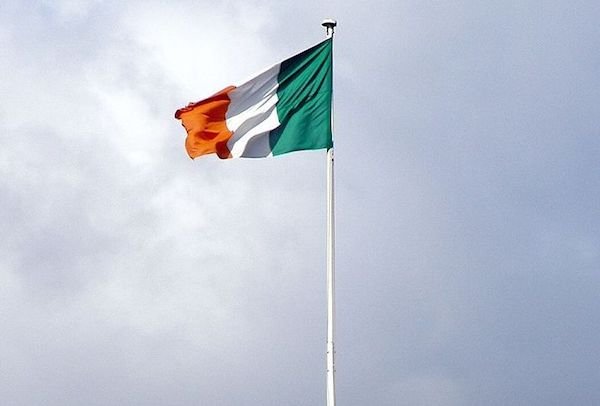KPMG’s reports reveal a cautious approach among venture capital investors in Ireland, mirroring global trends shaped by macroeconomic uncertainties and shifting U.S. tariff policies.
Despite a slowdown in overall venture capital investment, Ireland’s fintech sector has remained fairly resilience, attracting significant interest and funding in the first half of 2025.
These research reports provide a look at how global and local economic dynamics are influencing investment strategies and highlight Ireland’s growing role in the fintech space.
Globally, VC investment experienced a decline in Q2 2025, dropping from $128.4 billion across 9,314 deals in Q1 to $101.05 billion across 7,356 deals.
This pullback reflects investor hesitancy driven by concerns over U.S. tariff policies, particularly following the Liberation Day tariff announcements on April 2, 2025.
These policies have deepened uncertainties around global trade, supply chains, and industries vulnerable to tariff impacts, prompting investors to adopt a more conservative stance.
Sectors such as manufacturing and consumer goods, which face heightened tariff risks, have seen reduced investment activity as investors await greater policy clarity.
In Ireland, VC investment followed a similar trajectory, with a sharp decline from $668 million across 28 deals in Q1 to $136.4 million across 20 deals in Q2.
This slowdown comes after a steady Q1, which included significant deals like the $125 million raise by AI-powered productivity software company Tines.
According to Gavin Sheehan, Partner in Deal Advisory at KPMG in Ireland, the dip in Q2 reflects a cautious investor sentiment as they navigate uncertainties surrounding U.S. tariff policies.
However, Sheehan remains optimistic about Ireland’s VC ecosystem, noting its strength in software companies, which are less exposed to tariff-related risks.
The positive valuations of Irish startups in recent months further bolster confidence in the country’s progressive ecosystem.
Despite the broader VC slowdown, Ireland’s fintech sector has bucked the trend, showcasing remarkable growth in H1 2025.
Total fintech investment in Ireland reached $173 million across 13 deals, a significant increase from $140.8 million across 10 deals in H1 2024.
Notable deals included NomuPay’s $77 million raise, Wayflyer’s $35 million, and IMPT’s $30 million, underscoring strong investor confidence in fintech innovation.
Globally, fintech investment saw a decline, falling from $54.2 billion across 2,376 deals in H2 2024 to $44.7 billion across 2,216 deals in H1 2025.
However, sectors like digital assets, AI, and regtech outperformed expectations, with digital assets attracting $8.4 billion globally, led by a $2 billion raise by Cayman Islands-based Binance.
The resilience of Ireland’s fintech sector is particularly noteworthy given the global challenges.
Ian Nelson, Head of Financial Services & Regulatory at KPMG in Ireland, emphasized that Ireland’s resilient ecosystem has arguably set it apart, even as global fintech investment hit a five-year low.
The focus on AI-driven solutions and industry-specific applications has been a key driver of interest, with Irish startups leveraging digital technologies to address market needs.
Additionally, the KPMG Global Tech Innovator competition 2025 highlights the strength of Ireland’s tech ecosystem, with finalists showcasing solutions that attract local and international attention.
Looking ahead, the outlook for H2 2025 remains cautiously optimistic.
Declining interest rates and easing uncertainties following major global elections could pave the way for a rebound in fintech investment.
In Ireland, the focus on software and AI-driven fintech solutions is expected to sustain investor interest, particularly as startups demonstrate relatively strong value propositions and scalability.
While global trade uncertainties may continue to influence investment decisions, Ireland’s fintech sector is seemingly positioned to capitalize on emerging opportunities.
As Ireland navigates this complex economic environment, its ability to foster innovation in fintech and other tech-driven sectors will be critical.
The Venture Pulse Q2’25 and Pulse of Fintech H1’25 reports underscore the challenges and opportunities ahead, with Ireland’s fintech ecosystem proving to be somewhat of a standout performer in a fairly cautious global market.

